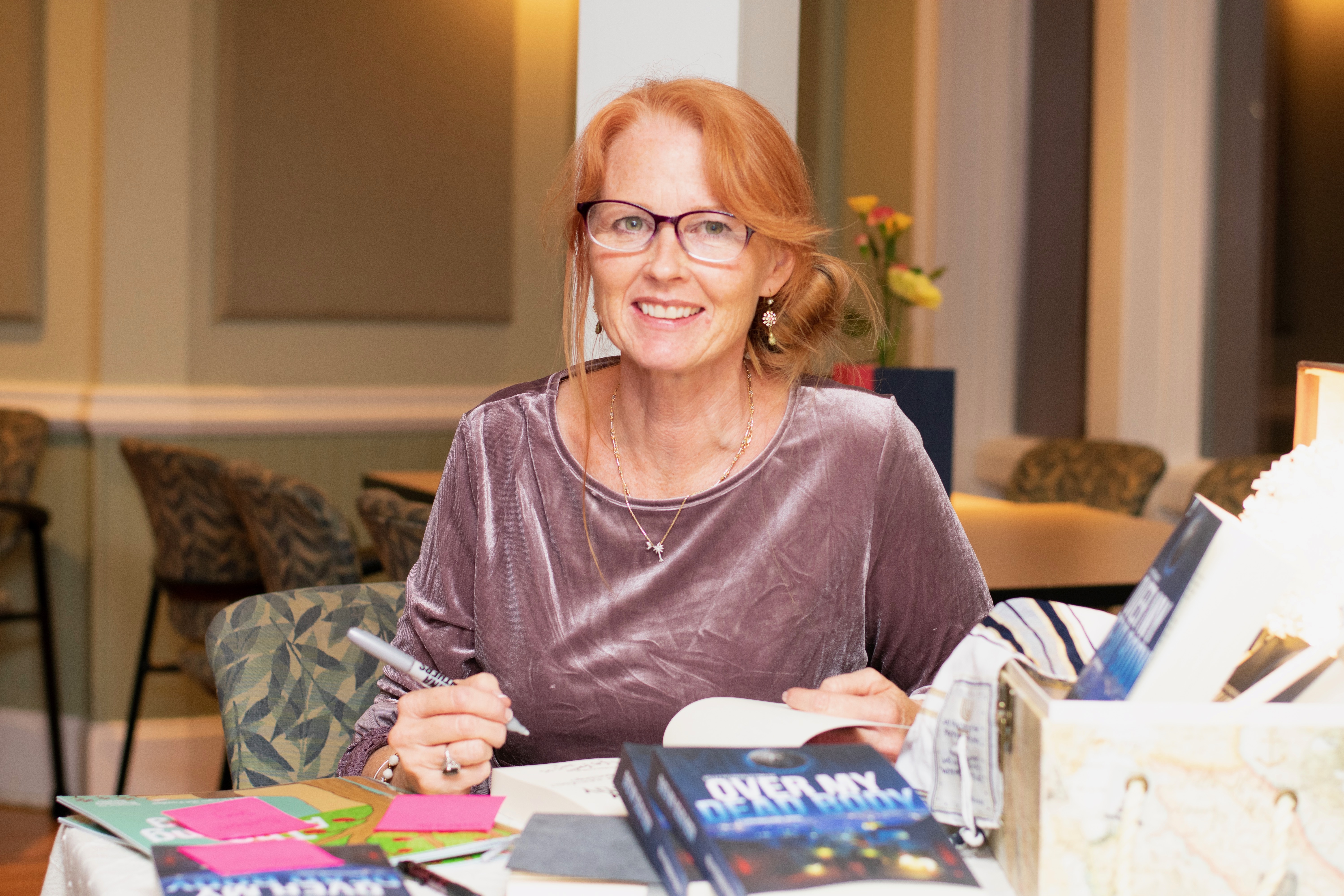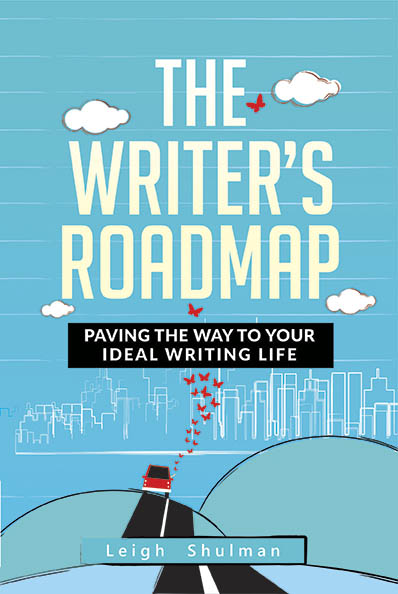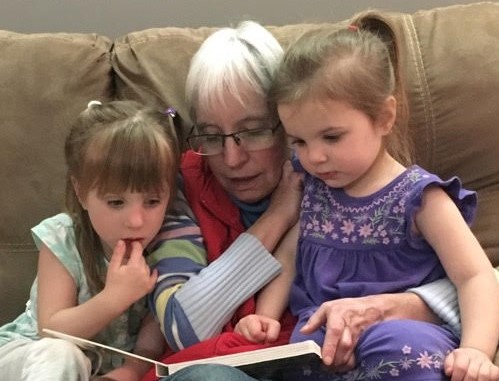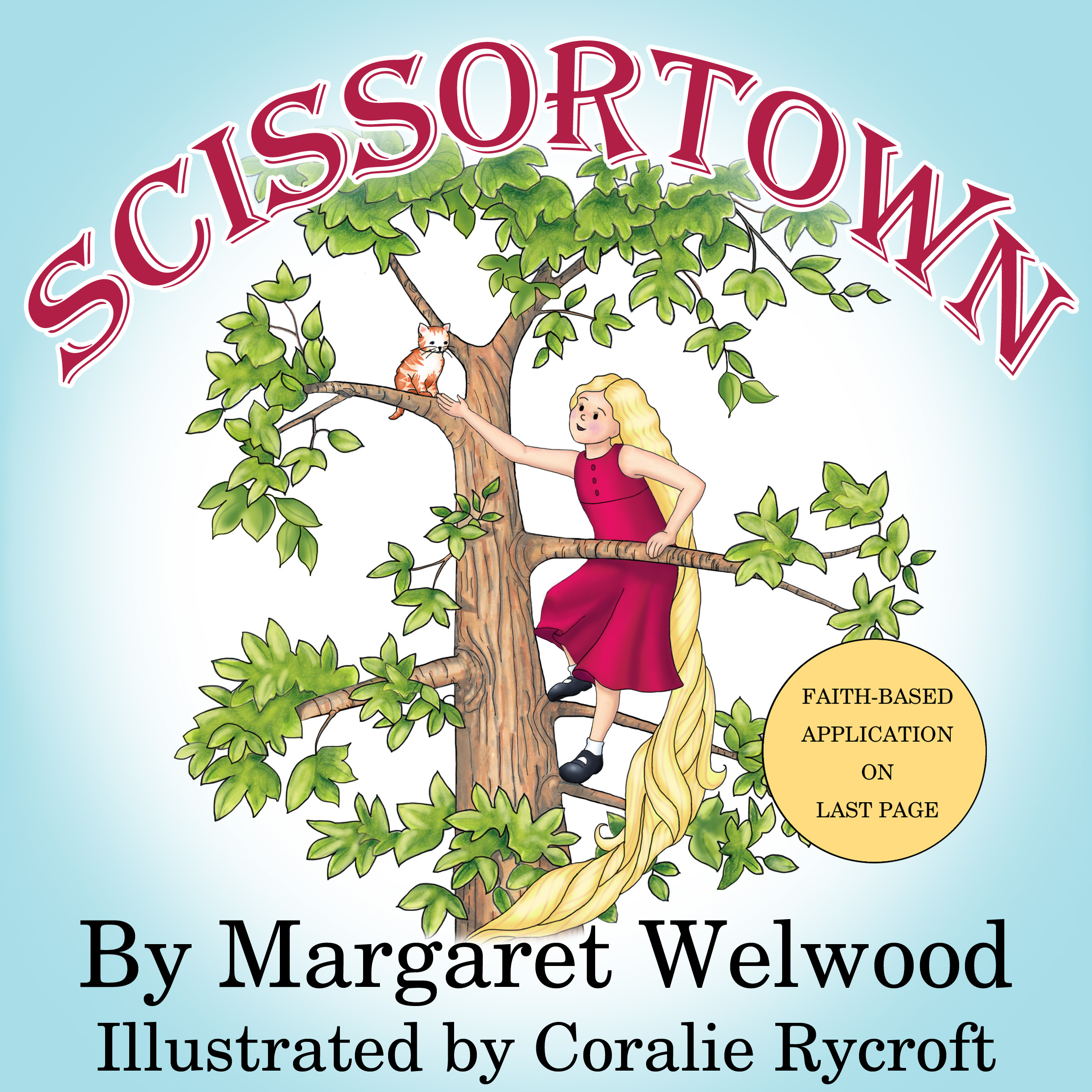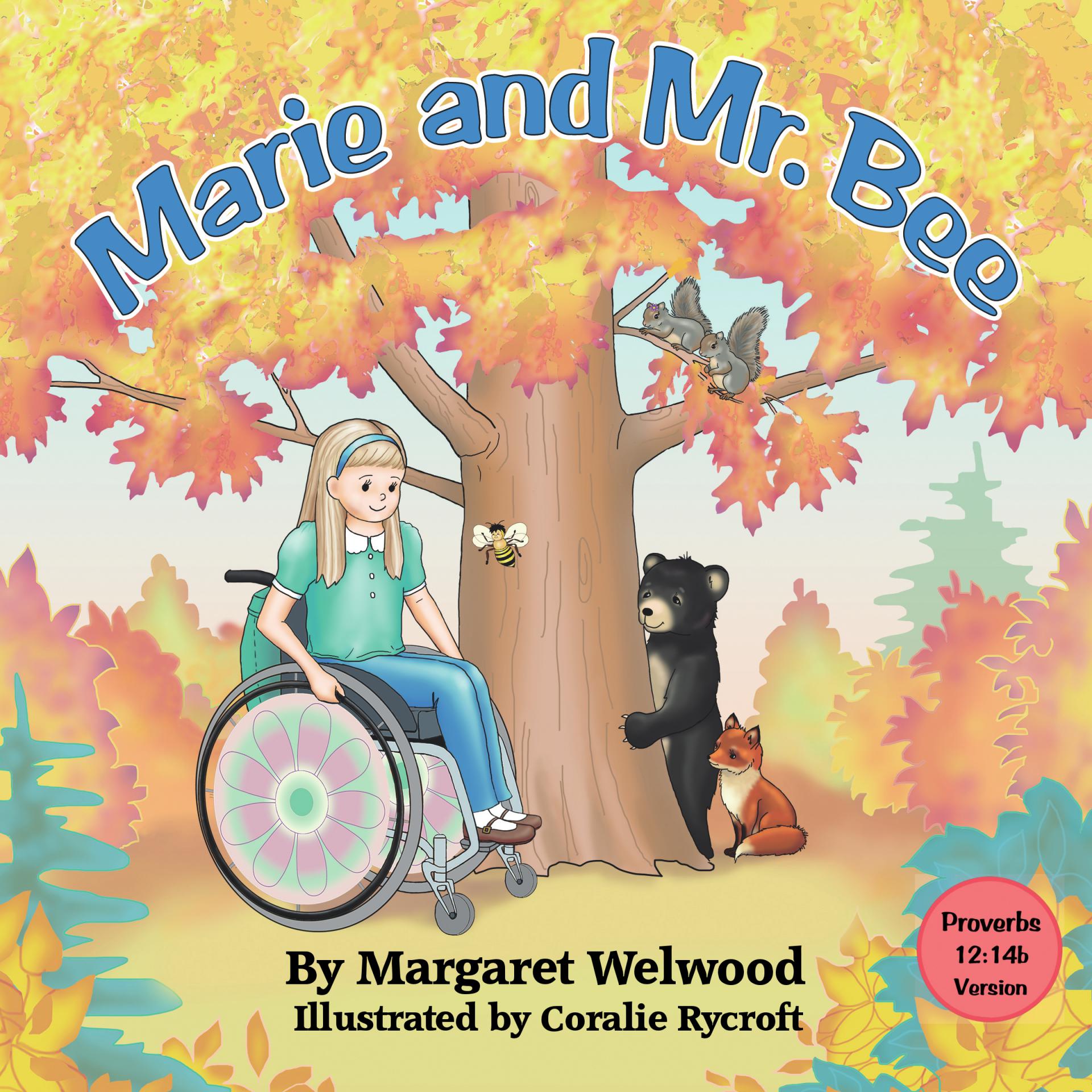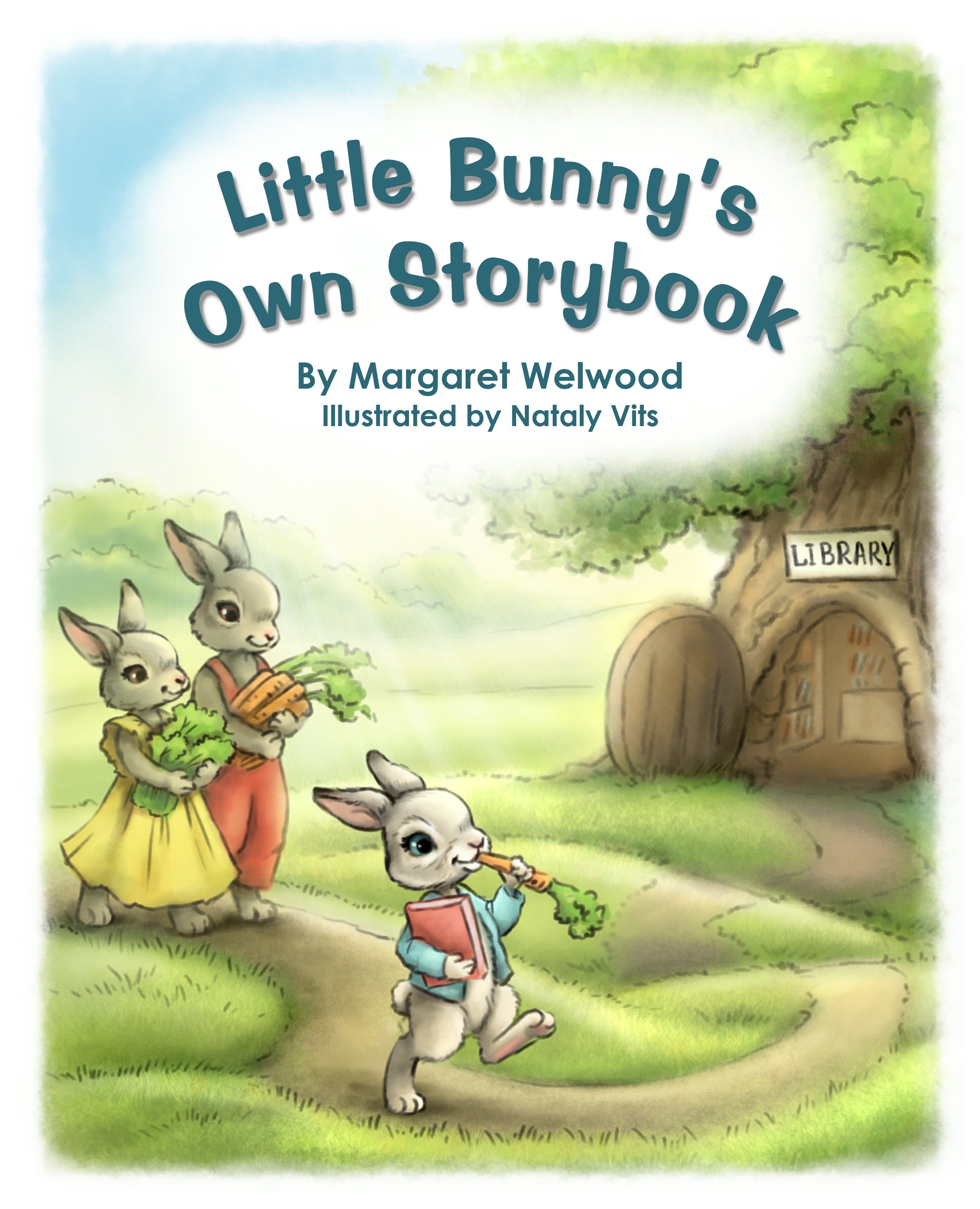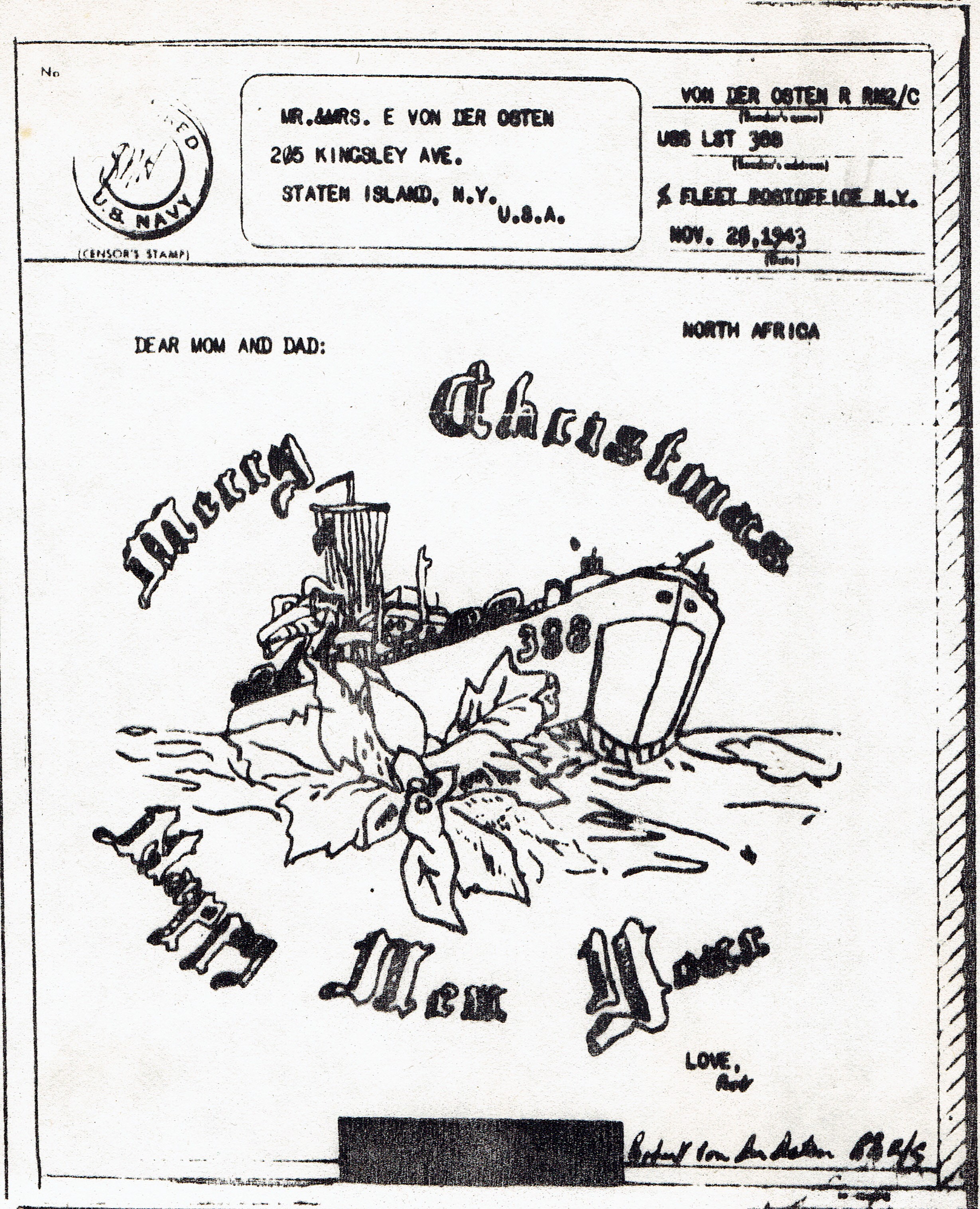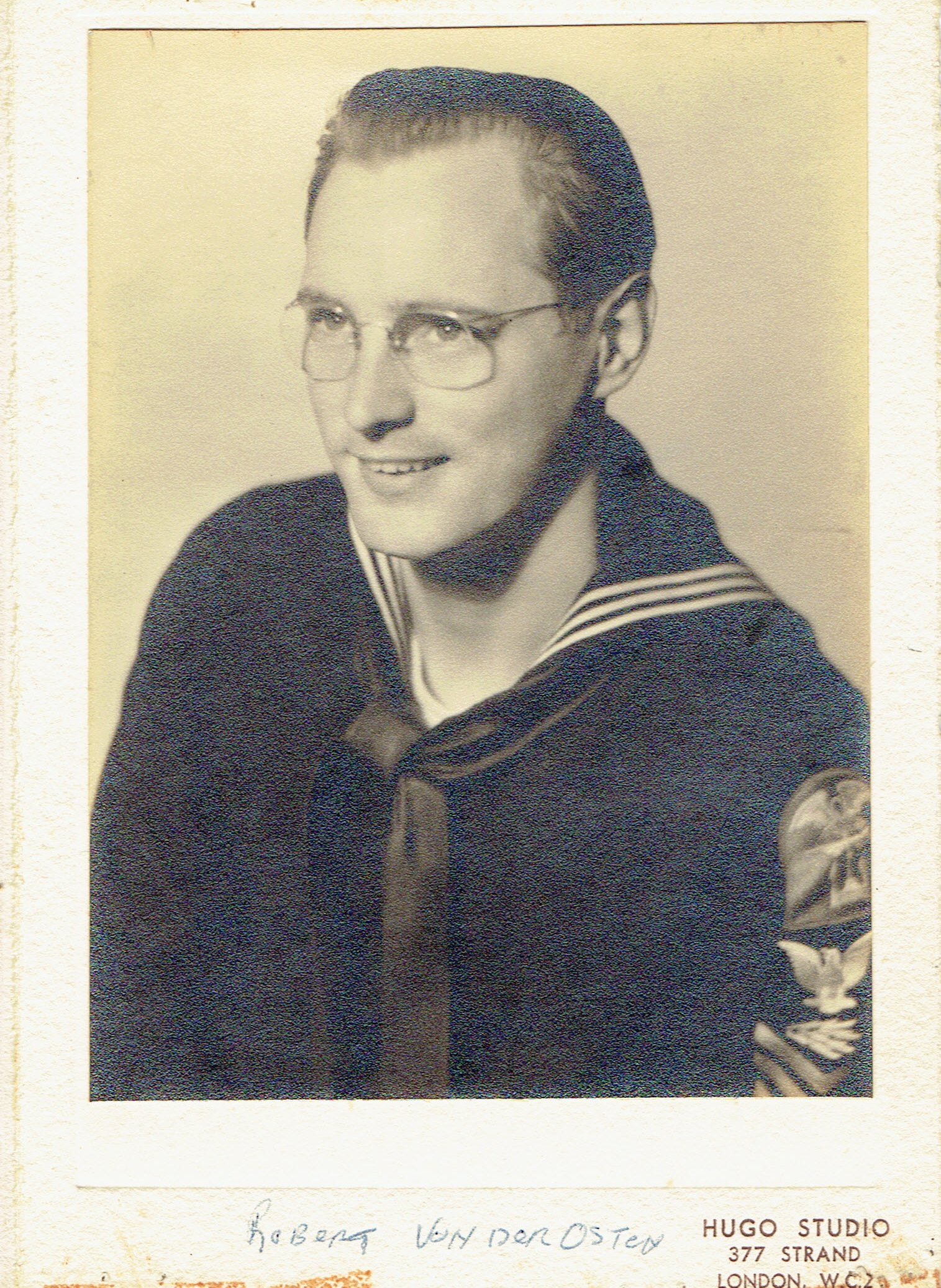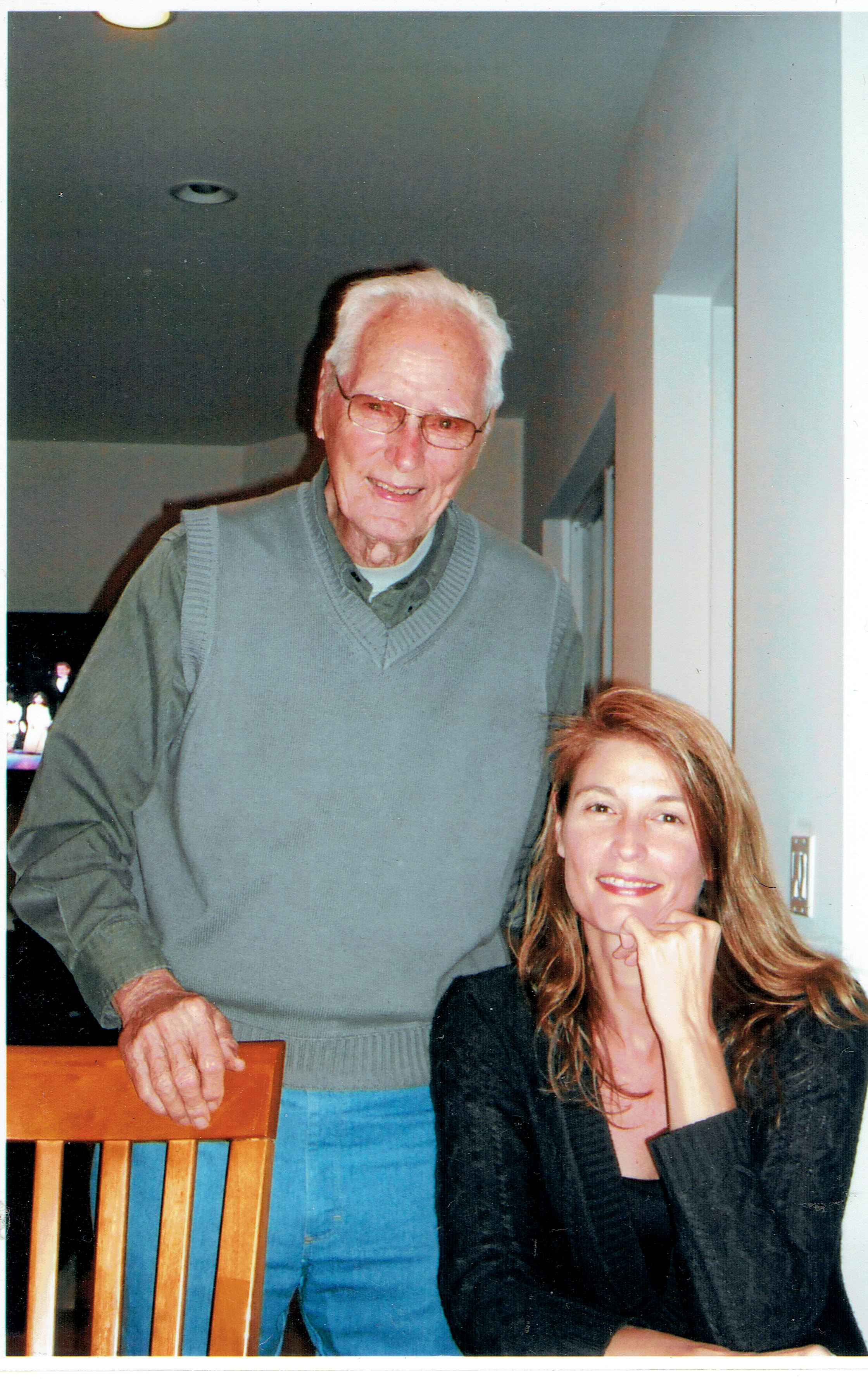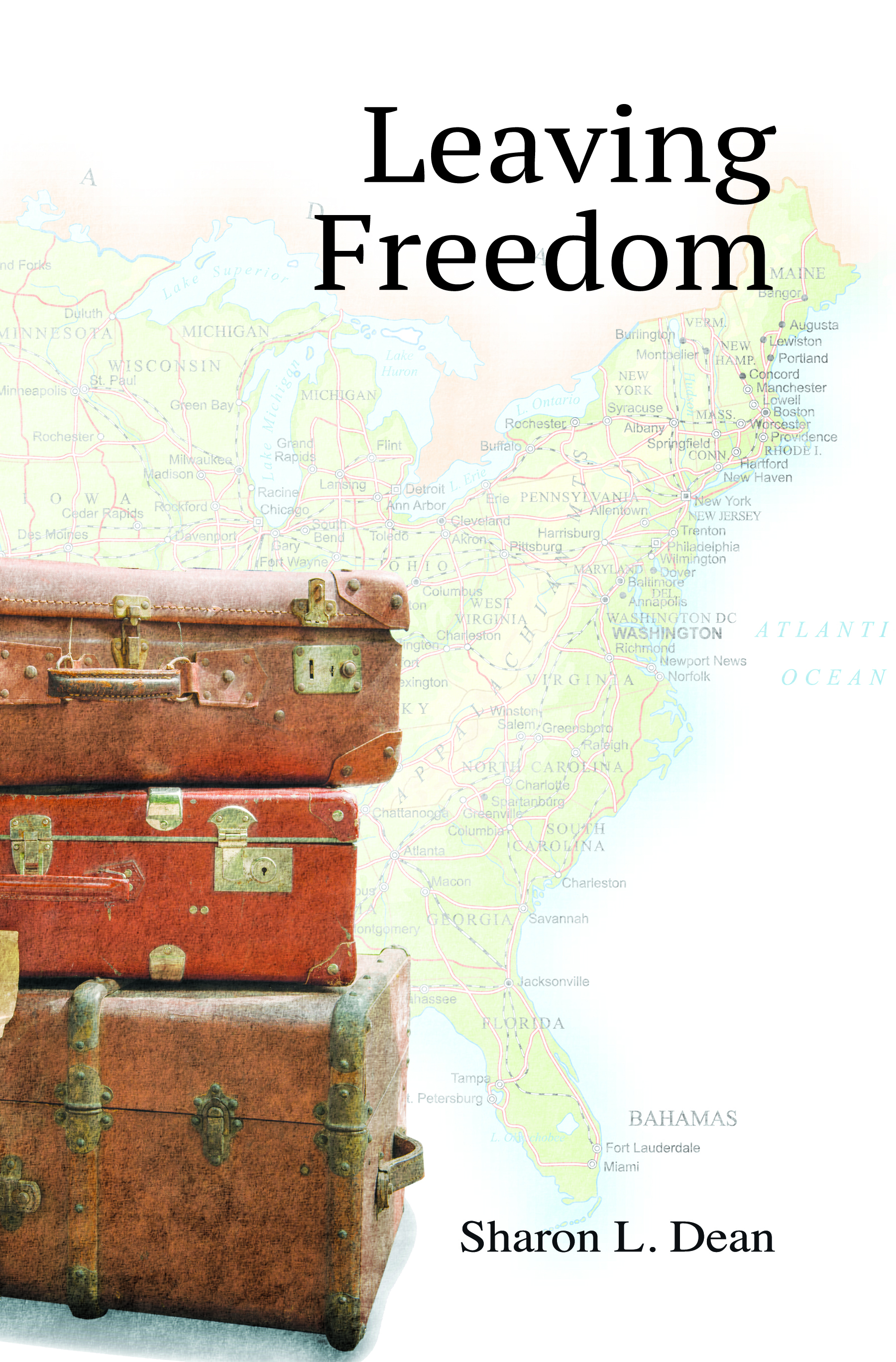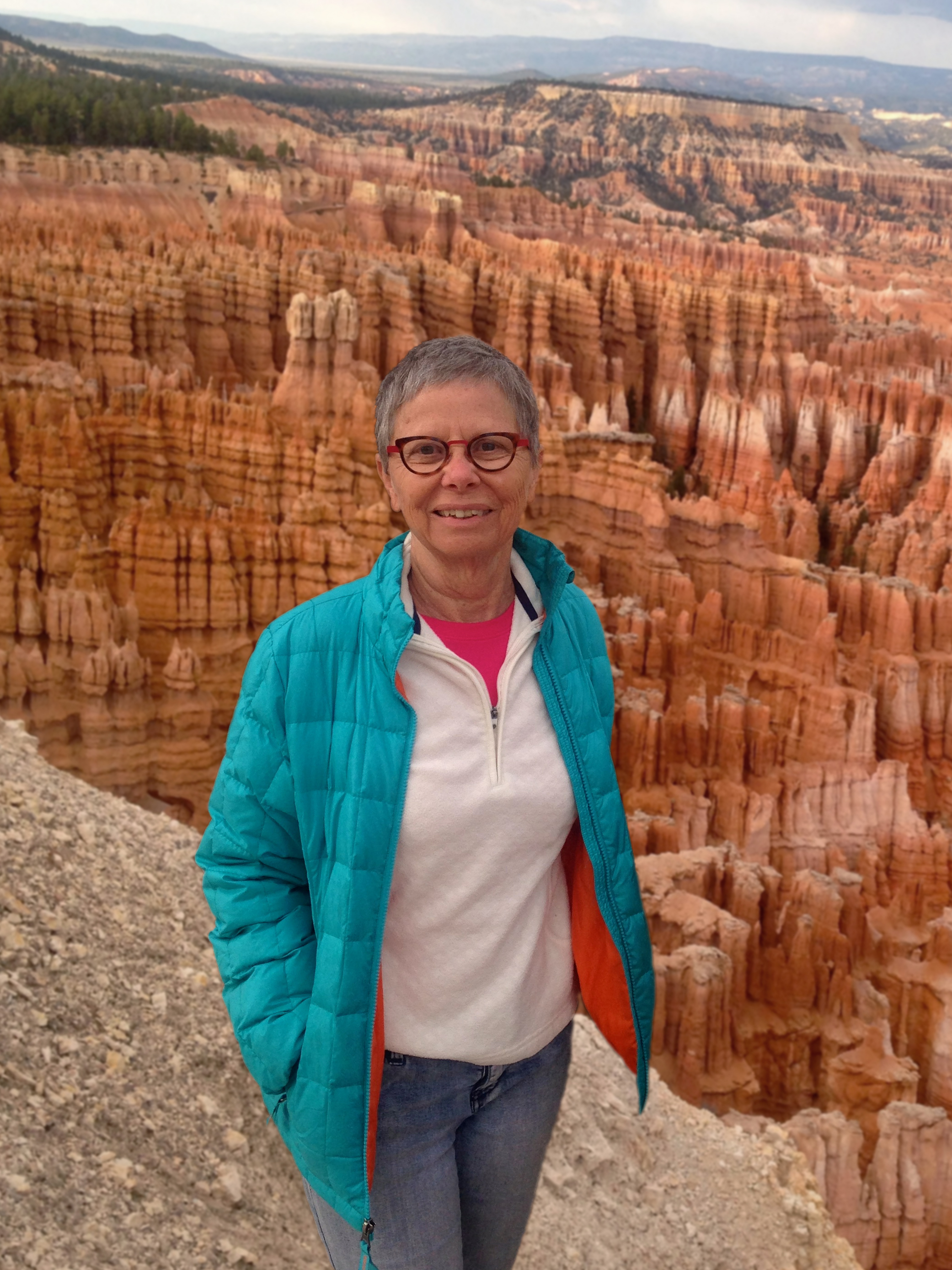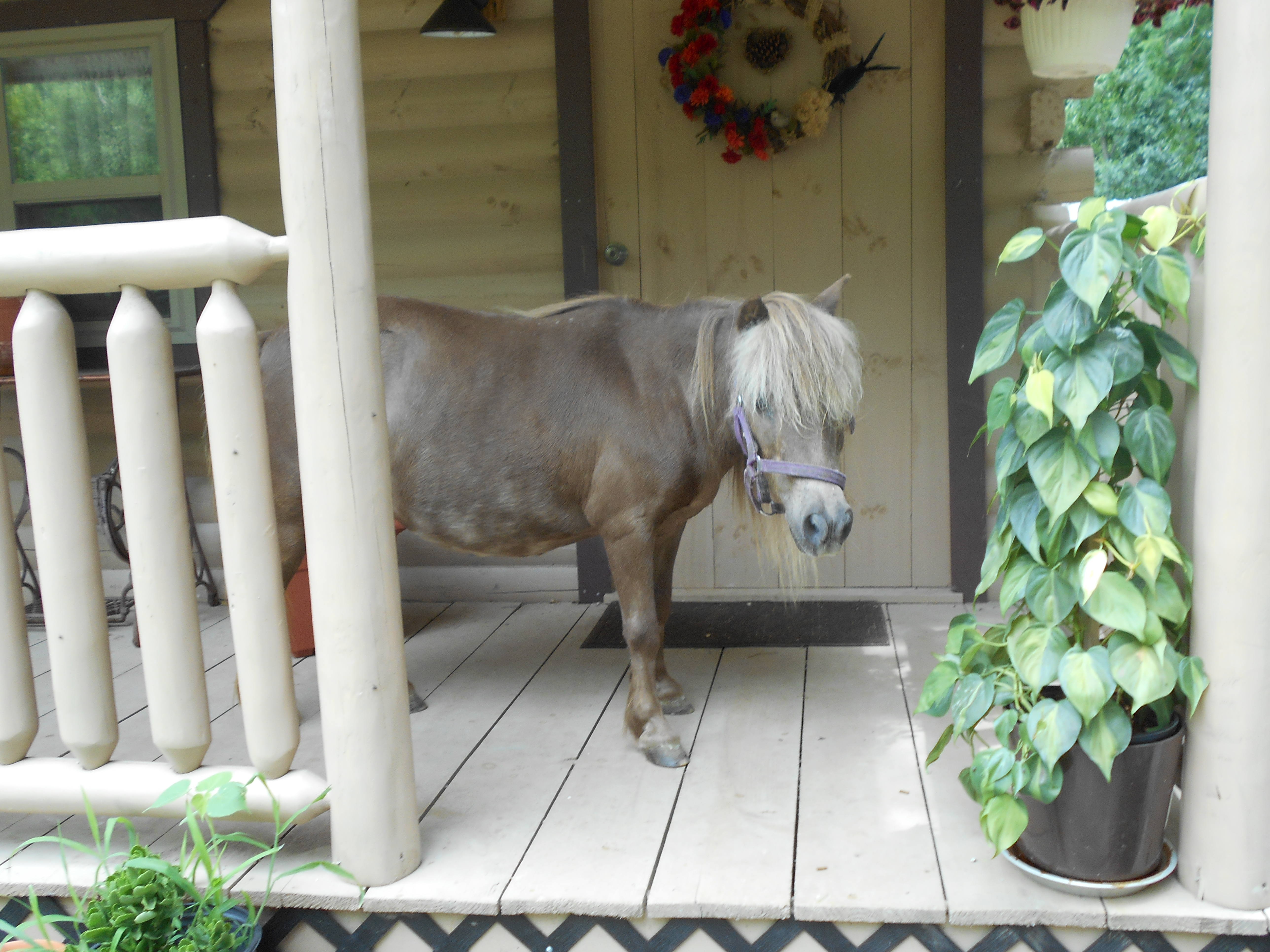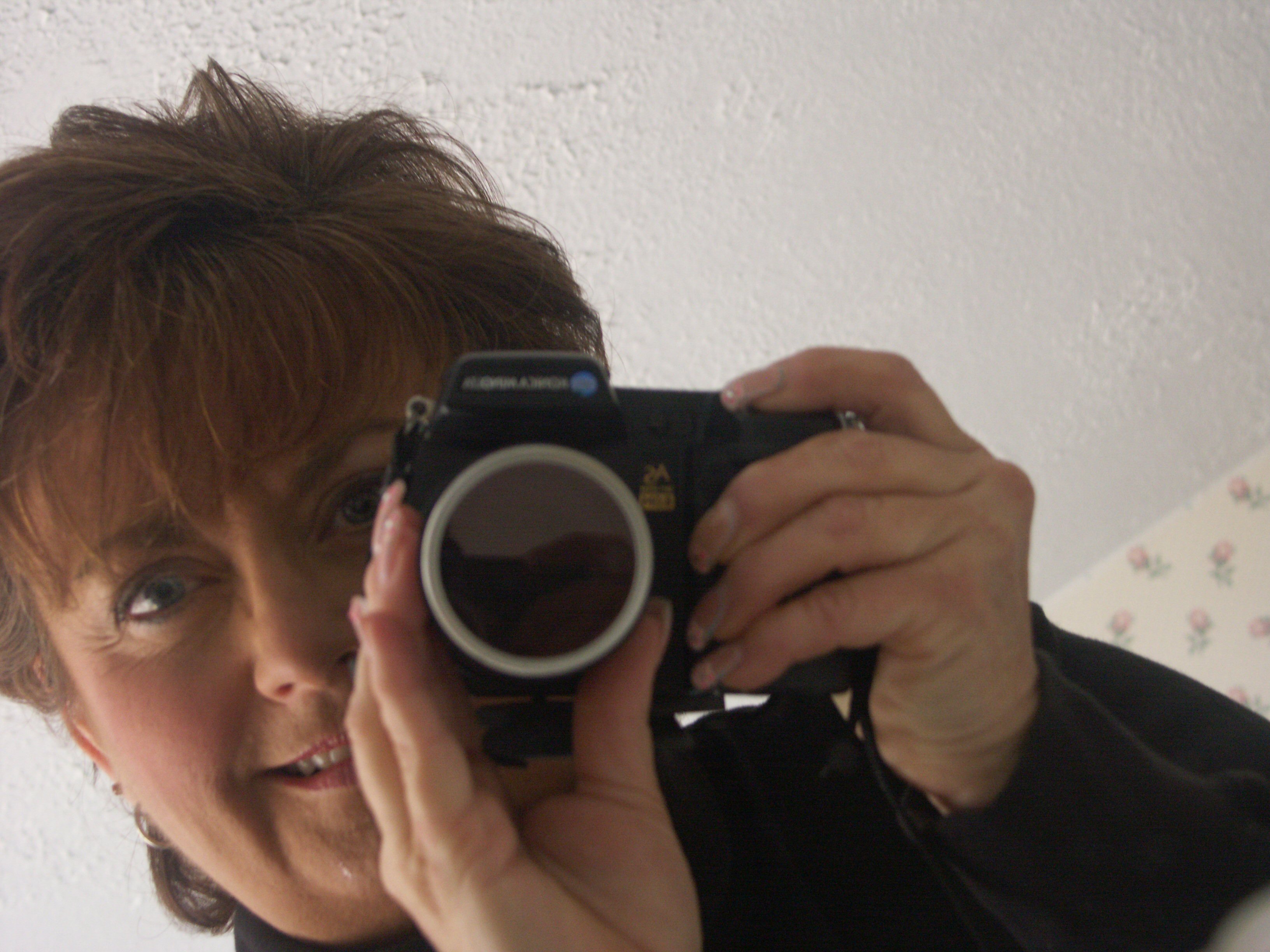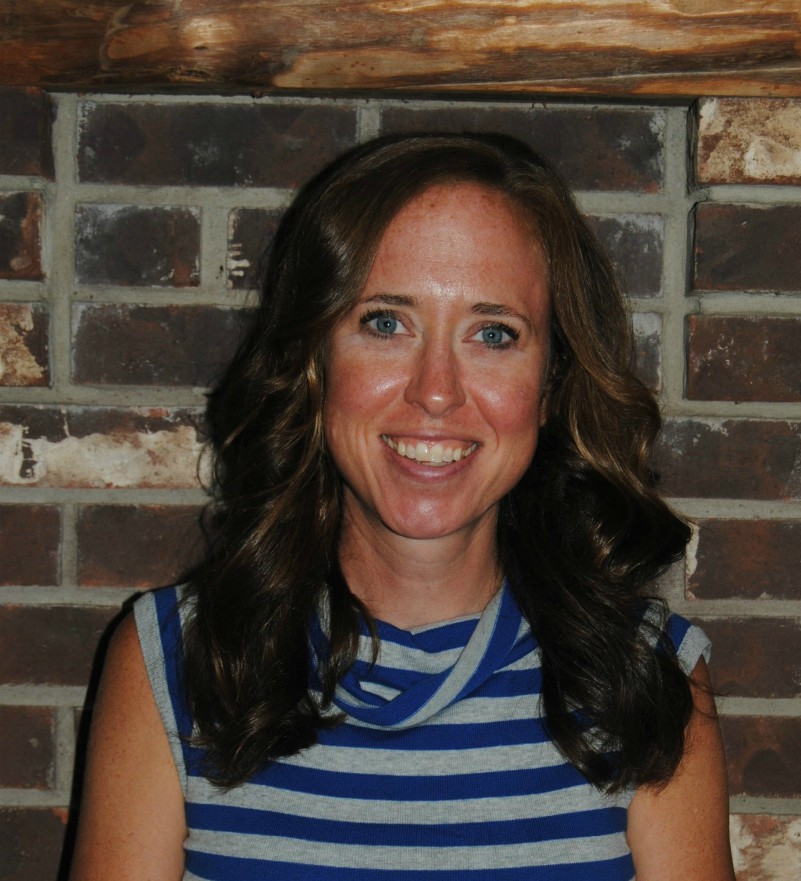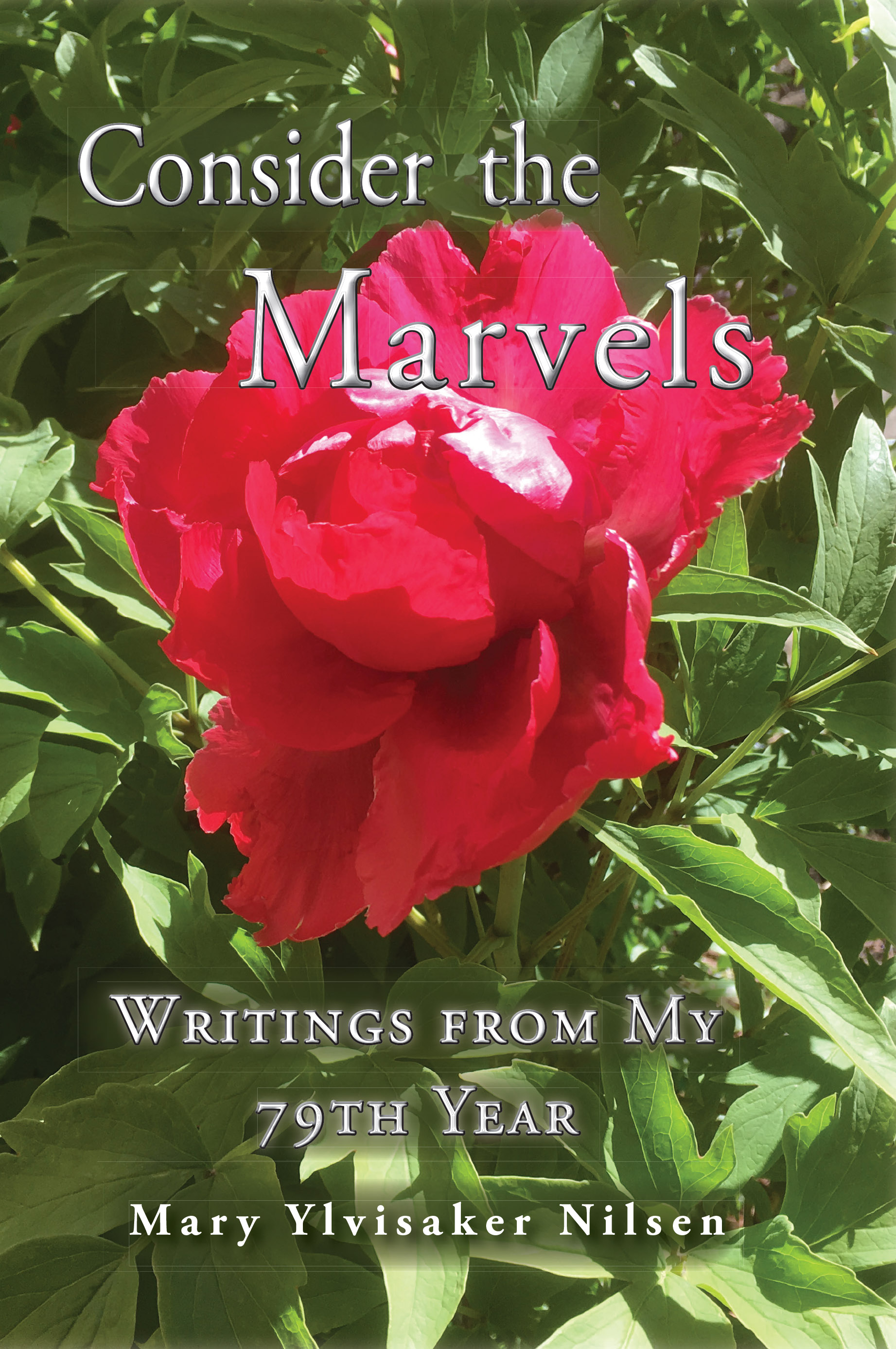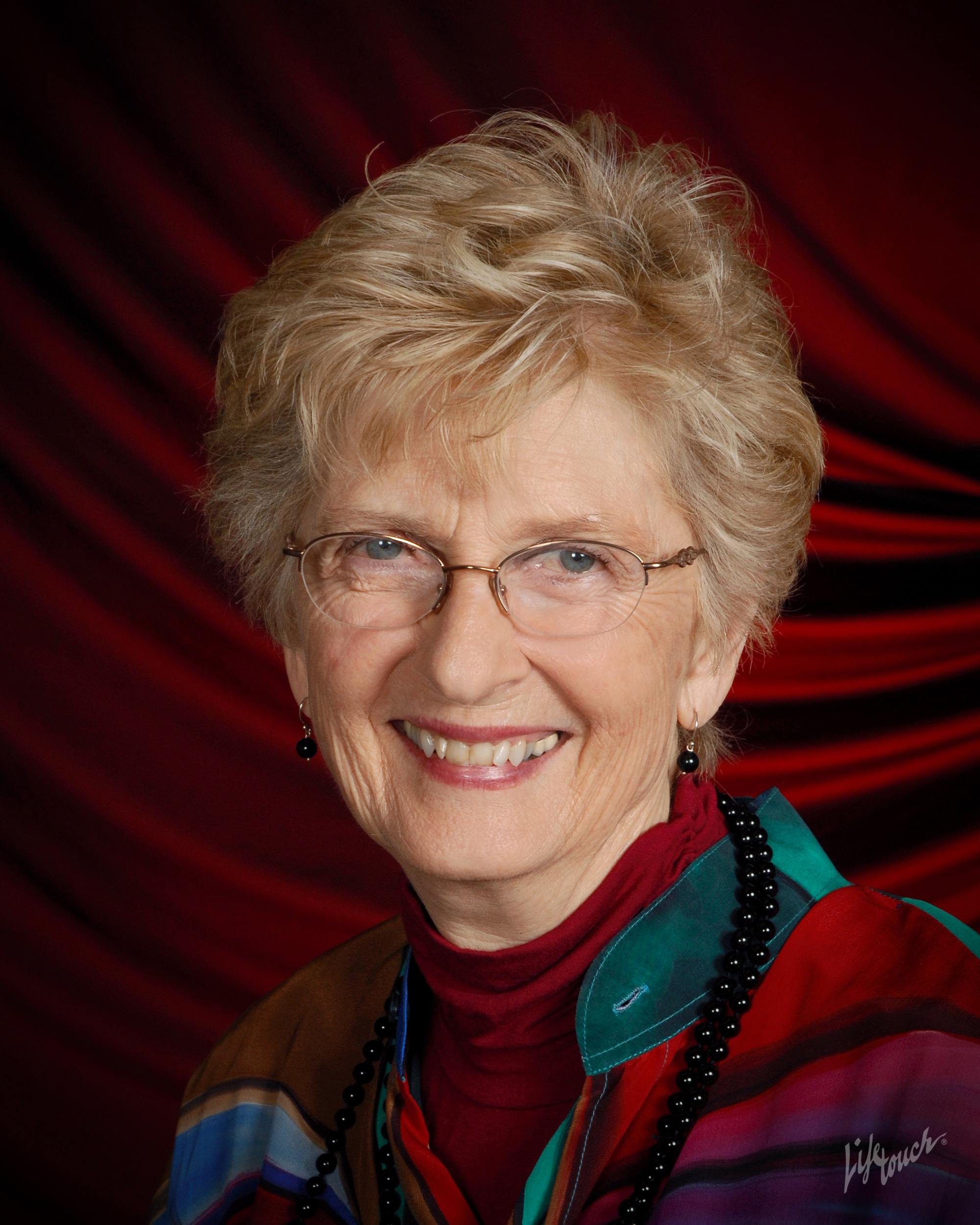I’d like to welcome Kelly Fitzgerald Fowler today. Her unfamiliar/unique genre poses questions in my mind, which may have something to do with age, but we’re still here to learn and grow, right? One of my questions is, WHY would someone want to read this?
So come along with me and attempt to grasp the gist of this genre. Please feel free to ask Kelly questions, and she’s giving away one free audiobook and one free e-book. We’re trying something new this time: if you can find a way to use the word THRILLER in your comment, you will qualify for her giveaways. (: enjoy!
Over My Dead Body: A Supernatural Novel– Historical Biblical Fiction Mystery Thriller!
Have you ever heard of an Historical Biblical Fiction Mystery Thriller? If not, get ready to dive into this new genre as I break down why Over My Dead Body is more than just a novel.
Historical fiction is a made-up story set in the past, borrowing characteristics of that period. Take Margaret Mitchel’ls Gone with the Wind, for example; a real war but fake characters. When you think of a biblical thriller, think of the thrilling life David must have led as he escaped the grip of King Saul, who was determined to end the young king’s reign before it could even begin.
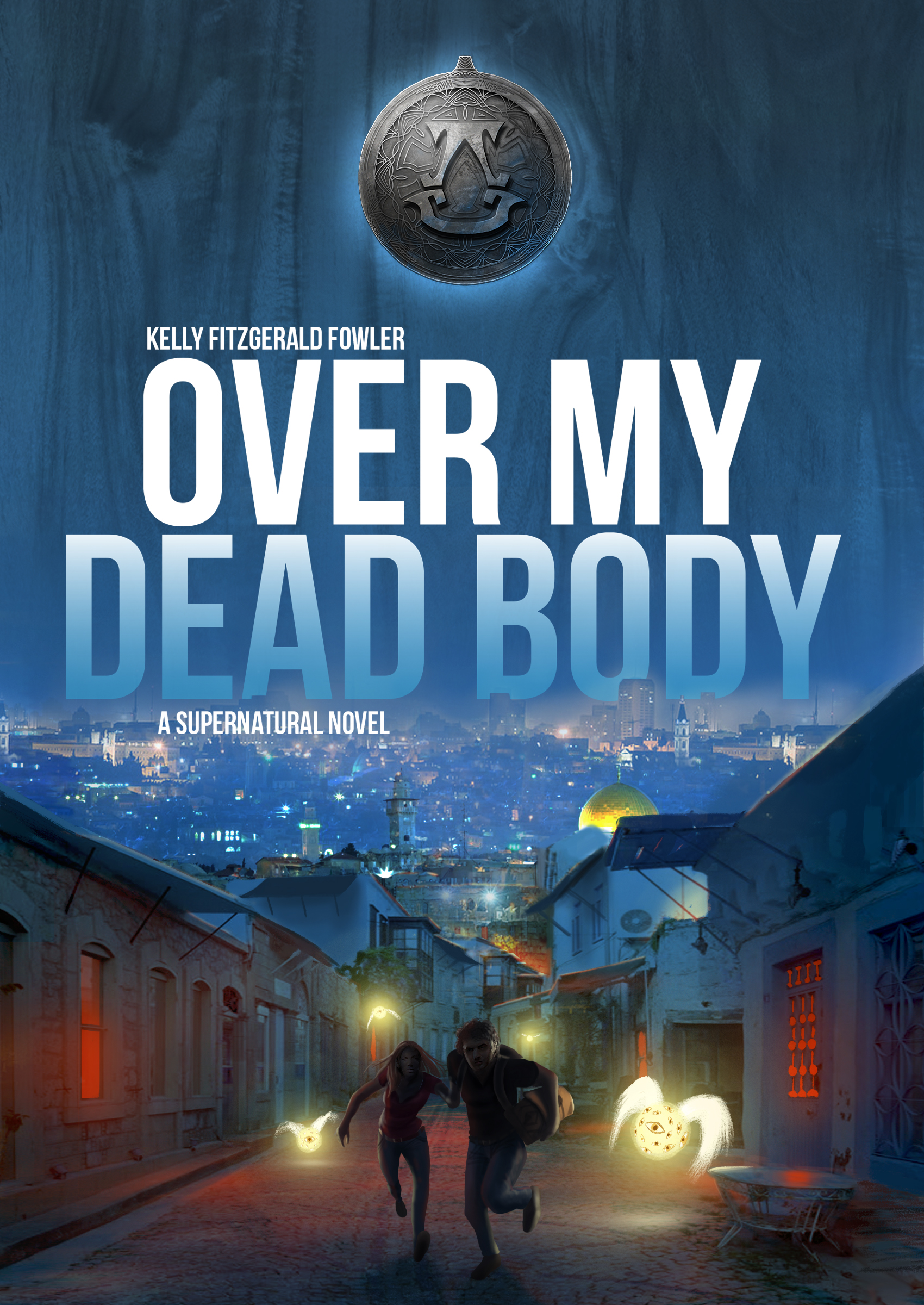
Think in terms of The Robe or This Present Darkness. Now, try to imagine these two breath-taking genres working together to create a gripping tale that is too good to be true!
Over My Dead Body spans from the creation of the universe through ancient biblical times to the present with lead character, Joel Cohen, attempting to solve an old family mystery as angels and demons fight for and against his mission. The story weaves the influence of the past with events of the present in a heightened sense of suspense, excitement, surprise, and anticipation you would find in a thriller.
With more details to discover, Over My Dead Body explores the life of the High Priest Annas (Ananias) and his Jewish Dynasty, 70 AD Jewish Historian Josephus in his report about ancient Jerusalem and Rome, and gentile saviors (think Schindler’s List) from World War II with Joel’s Bubbe (meaning Jewish Grandmother) Rachel recording a detailed account of her escape from the Nazis.
As I mentioned above not only human eyes see what lies in the past or the present. Narration from an angel named Harper and a demon named Marq walk you through many of the historical events from spiritual realms revealing even more mysteries.
Since this novel was developed from my own personal Bible study, I decided to put together a study guide to accompany the book for anyone who is interested in diving deeper into the major concepts in the novel. Concepts such as gentiles grafted with the New Covenant, the Throne room of heaven, and the angels mentioned in Ezekiel.
The study guide will be released initially via e-book in February 2019 for a Bible study I will personally lead at Seacoast Church in Mt. Pleasant, SC, in March. There are also discussion questions at the back of the novel for book clubs that would like to dig deeper into scripture and biblical discussions of the concepts in the story.
So, as Gail asked, why would you want to read this? Jesus said in John 10:10 “The thief comes only to steal and kill and destroy; I have come that they may have life, and have it to the full.” The full abundance Jesus is speaking of does not start when you make it to heaven. It starts when you meet Jesus. A biblical thriller is our story of our own personal walk with our savior. It’s a thrill to be on assignment for the Kingdom of God and I promise Joel’s mysterious assignment will take you to places you would never imagine.
I hope you look forward to an adventure through this new and exciting genre and learn something new along the way. If so, Over My Dead Body: A Supernatural Novelis available in paperback, hardcopy, e-book and audiobook on Amazon here https://amzn.to/2SIG8Bh. You can also learn more at my website: https://kellyfitzgeraldfowler.com/
